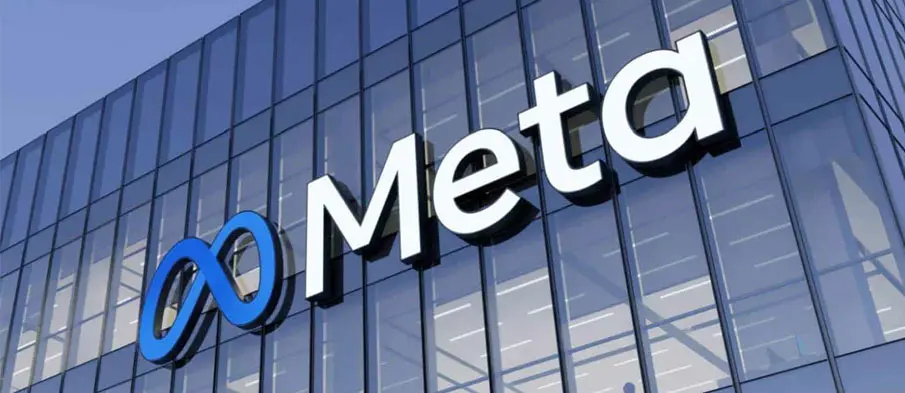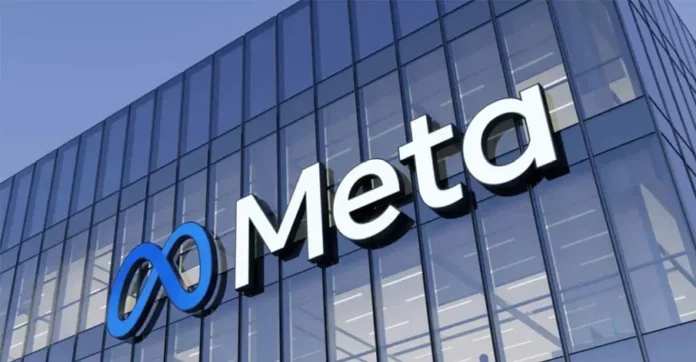
Meta is doubling down on its artificial intelligence ambitions with the acquisition of California-based semiconductor startup Rivos Inc., a move designed to strengthen its in-house chip development efforts. The acquisition will directly support Meta’s custom chip programme, the Meta Training and Inference Accelerator (MTIA), reducing reliance on third-party suppliers like NVIDIA while enabling scalable compute for its AI infrastructure.
Confirming the deal, Meta’s VP of Engineering Yee Jiun (YJ) Song said the acquisition will “help us accelerate our vision for scalable compute to power our AI ambitions.” Song further explained that the integration will fuel Meta’s custom hardware roadmap: “Given the success of our first two AI accelerators, we are eager to accelerate and expand our MTIA roadmap. Rivos has deep technical expertise and experience designing and developing the full stack of AI systems.”
Founded to push the boundaries of open-source chip design, Rivos specializes in processors built on the RISC-V architecture. Earlier this year, the startup was reportedly seeking funding at a valuation of about $2 billion, underscoring its strong positioning in the semiconductor ecosystem. By bringing Rivos into the fold, Meta is not only gaining access to advanced chip design talent but also reinforcing its long-term strategy of building specialized hardware optimized for large-scale AI workloads.
The timing of the acquisition is notable. Meta currently spends billions annually on NVIDIA GPUs to fuel its expansive AI initiatives. As CEO Mark Zuckerberg has repeatedly emphasized, AI is now the company’s top priority, and developing custom chips is seen as a way to cut costs, improve performance, and gain more control over critical compute resources.
Meta’s broader AI investment strategy reflects this urgency. The company has committed up to $72 billion in capital expenditures for 2025, with a significant share dedicated to AI infrastructure. This includes building next-generation data centers, such as its recently announced facility in Louisiana, aimed at providing the massive computational power required to train and deploy advanced AI models.
By acquiring Rivos, Meta positions itself more competitively in the global AI race, joining other tech giants like Google, Amazon, and Microsoft that are also designing their own chips to support the exponential growth of generative AI. The integration of Rivos is expected to accelerate Meta’s MTIA roadmap and cement its place as a leader in custom AI hardware innovation.





